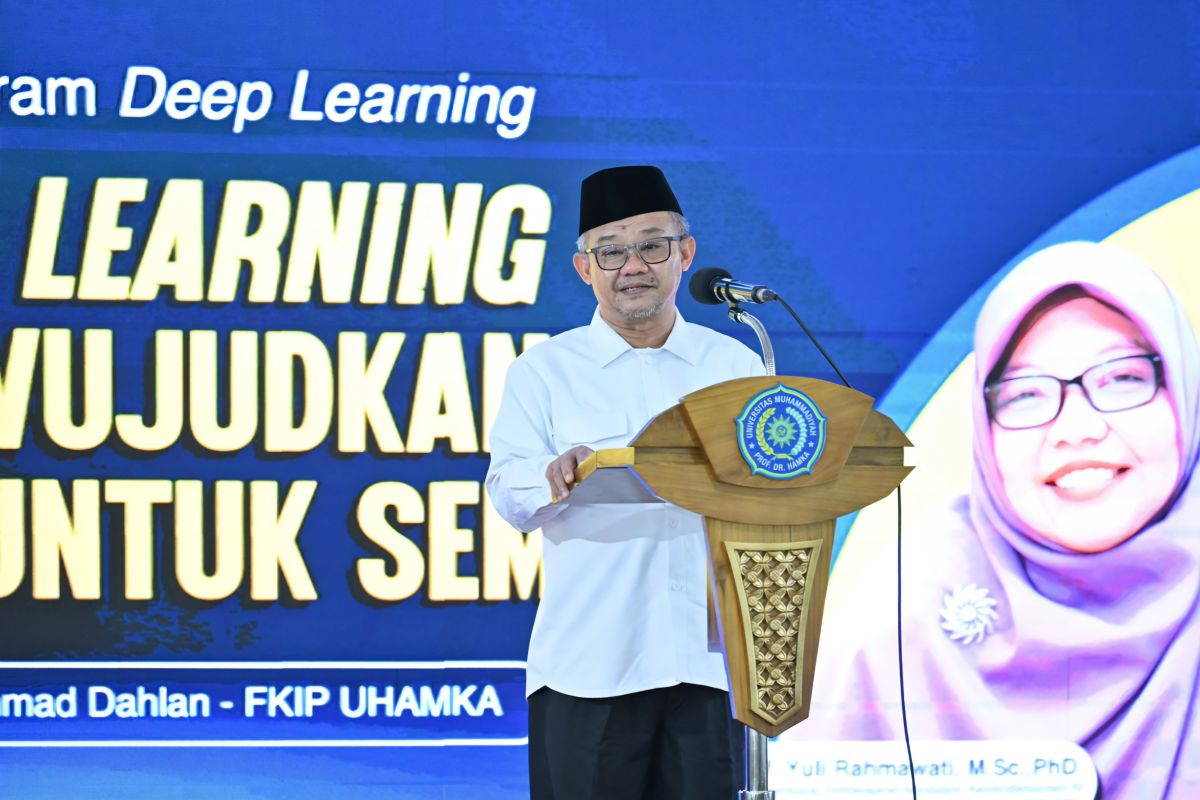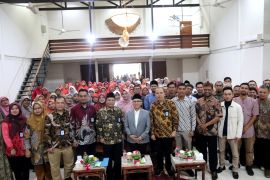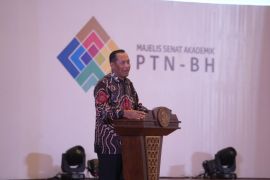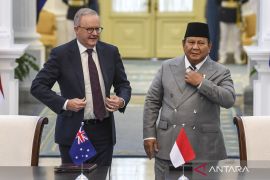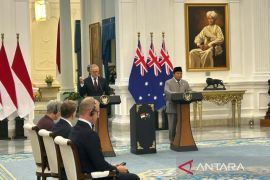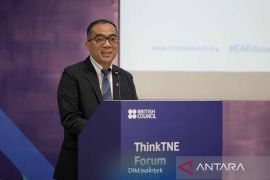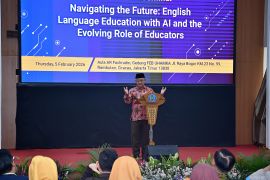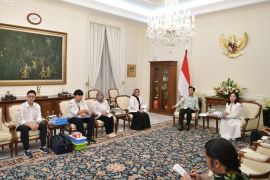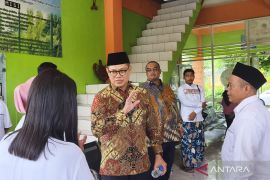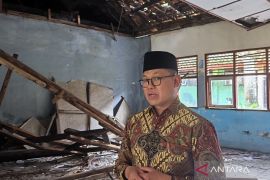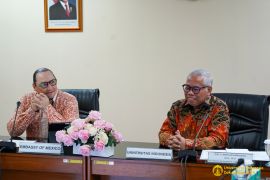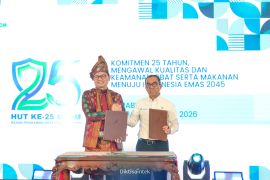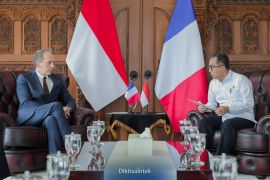Jakarta (ANTARA) - In the era of increasingly rapid digital transformation, the education sector must also keep up with the ever-growing demand. One of the approaches required is the deep learning method.
This approach not only changes the way students understand subject matter but also has the potential to revolutionize the national education system and make it more adaptive to the myriad needs of the 21st century.
Furthermore, deep learning in education differs from the term used in artificial intelligence. In education, deep learning is an approach that emphasizes a deep understanding of concepts, critical thinking, and students' ability to apply knowledge in real-life contexts.
Minister of Primary and Secondary Education, Abdul Mu'ti, clarified that deep learning is not a new curriculum but a learning approach integrated into a holistic education process.
This learning approach encompasses the three main principles of mindful learning, meaningful learning, and joyful learning. By incorporating these three elements into deep learning, Mu’ti affirmed that the learning process can be more contextual, relevant, and interesting for students.
In addition to the deep learning approach, the ministry will strengthen the involvement of the four centers of education -- school, family, community, and mass media -- to create an environment that supports students' character-building.
Currently, the Ministry of Primary and Secondary Education has begun implementing the deep learning approach in several regions in response to the need for changes in learning methods. West Java Province is one of the regions that has actively adopted this approach.
The West Java Provincial Government has been integrating deep learning into the regional education system while waiting for curriculum policy direction from the central government.
Besides integrating it into the local curriculum, teacher training is also required to implement the deep learning method. Hence, the ministry has provided training to educators to gain a better understanding of the philosophy and techniques of deep learning.
During the training, teachers were tasked with developing a Learning Implementation Plan (RPP) that prioritizes active student involvement, problem-based projects, and in-depth reflection in each learning session.
The deep learning approach was considered to have positive impacts. Kamarudin Muten, head of East Belitung District, stated that this learning method encourages the advancement of education in his region. He acknowledged that students become more active, think critically, and solve problems creatively.
He also assessed that deep learning fosters collaborative learning between teachers and students.
Meanwhile, from the teachers' perspective, Chairperson of the Indonesian Teachers Association (PGRI) Executive Board, Jejen Musfah, observed that the deep learning approach makes the learning process more enjoyable for students.
According to Musfah, students are no longer just sitting and listening to the teachers' lectures but actively participating, discussing, and also researching issues relevant to their lives. This method has successfully given students a sense of belonging in the learning process and motivated them to explore more knowledge.
Although it sounds promising, implementing the deep learning method also presents obstacles. One challenge stems from the community’s lack of understanding, and some teachers still misconstrue deep learning as a new curriculum that will replace the Merdeka Curriculum (Independent Curriculum).
In fact, as Minister Mu’ti emphasized, deep learning is only a learning approach, not a replacement curriculum.
Another challenge is related to the teachers’ ability to have adequate teaching and technology utilization skills to implement the deep learning approach optimally.
This is followed by a challenge related to school facilities that are not evenly distributed, especially in the frontier, outermost, and disadvantaged (3T) regions. Hence, support from the central government, private institutions, and the education community is needed to fill this gap.
The Ministry of Primary and Secondary Education and stakeholders also continue to realize quality education through the deep learning approach. According to the official statement from the Ministry of Primary and Secondary Education, quality education is the key to achieving national goals.
In this case, all parties -- the government, teachers, parents, and students -- play critical roles. Only through strong cooperation can Indonesia's educational transformation be realized comprehensively and evenly.
The implementation of deep learning also aligns with the spirit of the Independent Curriculum, which provides freedom for teachers and students to develop their potential more flexibly and contextually. The combination of learning freedom and an in-depth approach will produce students who are not only academically intelligent but also emotionally and socially mature.
Education observer Darmaningtyas also believes deep learning holds significant potential to enhance the quality of national education. However, preparations for implementing the deep learning approach must be carefully executed, including ensuring teacher stability.
The explanation shows that deep learning is an approach providing long-term solutions to improve Indonesian education quality and adapt to various existing changes. By encouraging students to think critically and learn meaningfully by enjoying the process, this approach can prepare the future generation to face the complexities of the real world.
In the future, with cross-sector collaboration and sustainable commitment, deep learning is expected to not only be a passing trend but also an integral part of a national education system that is inclusive, relevant, and future-oriented.
Related news: Deep learning can strengthen anti-graft education: minister
Related news: Ministry prioritizes quality education to support national objectives
Translator: Tri Meilani A, Resinta Sulistiyandari
Editor: Primayanti
Copyright © ANTARA 2025
